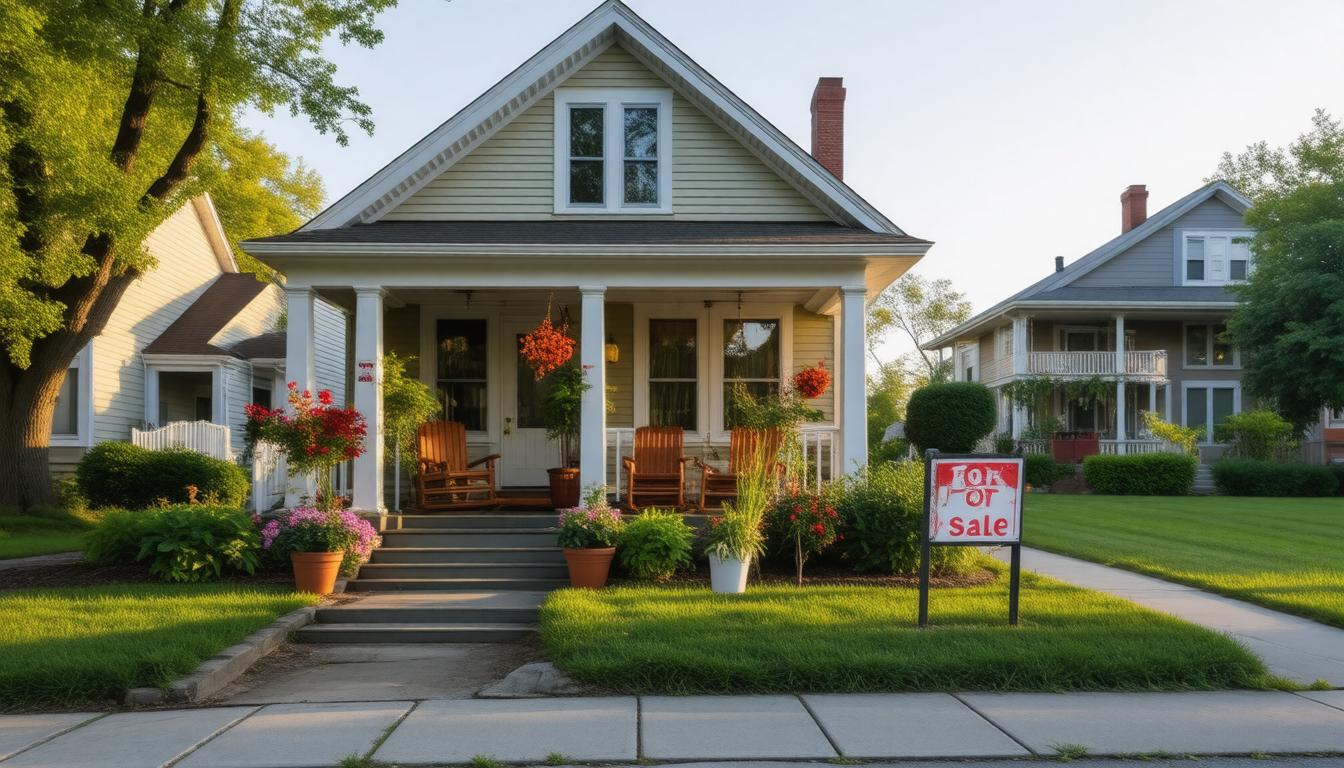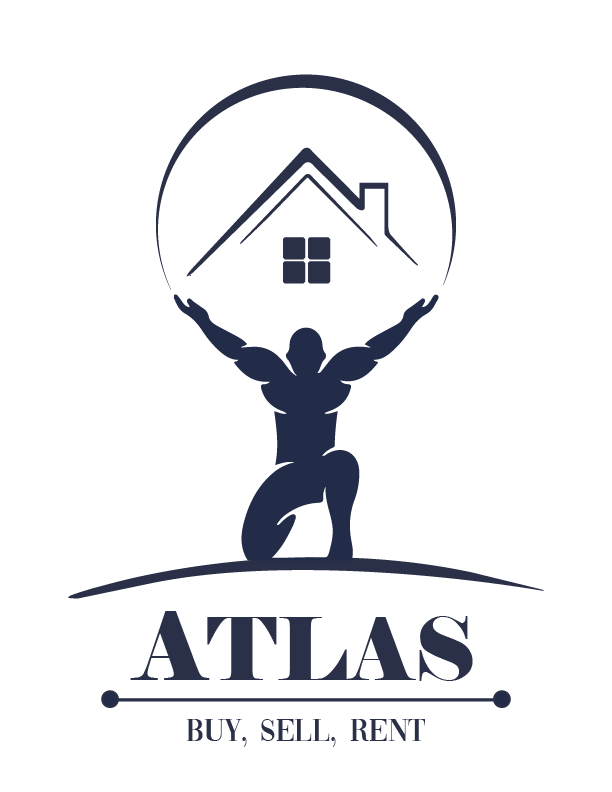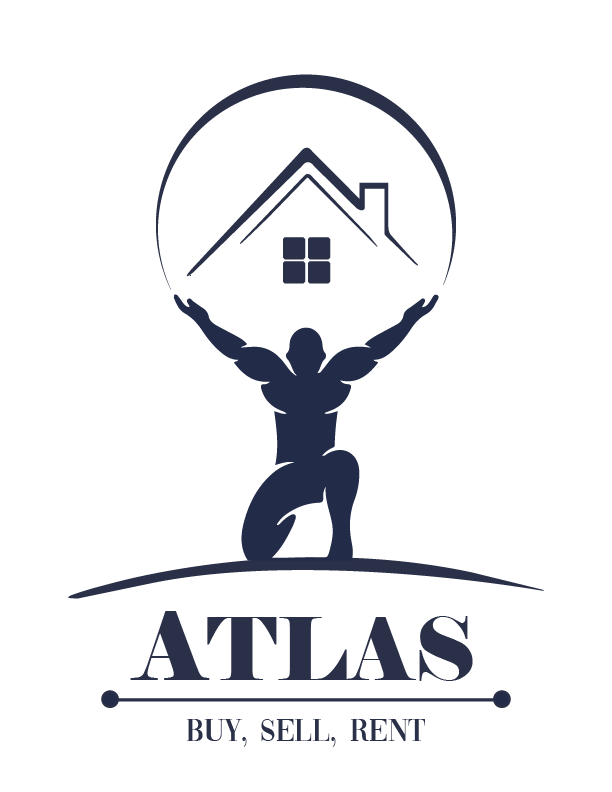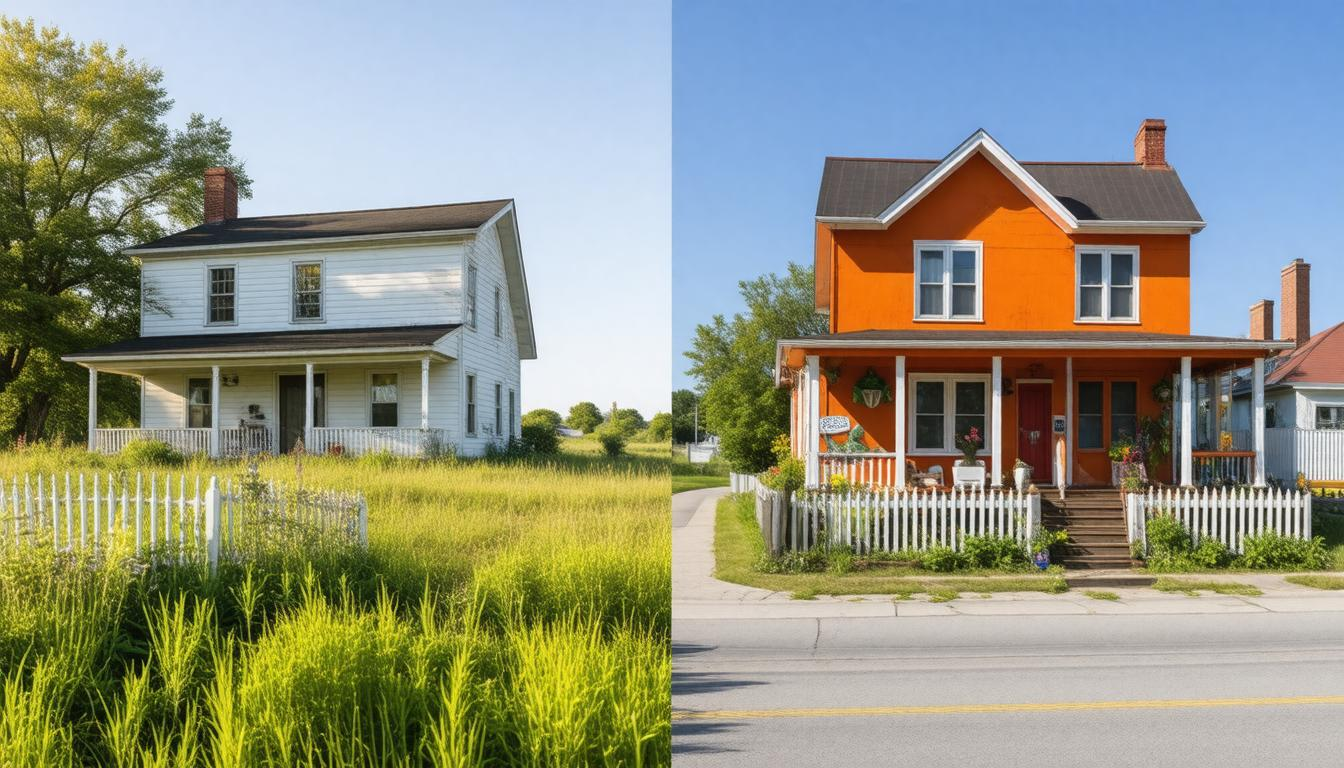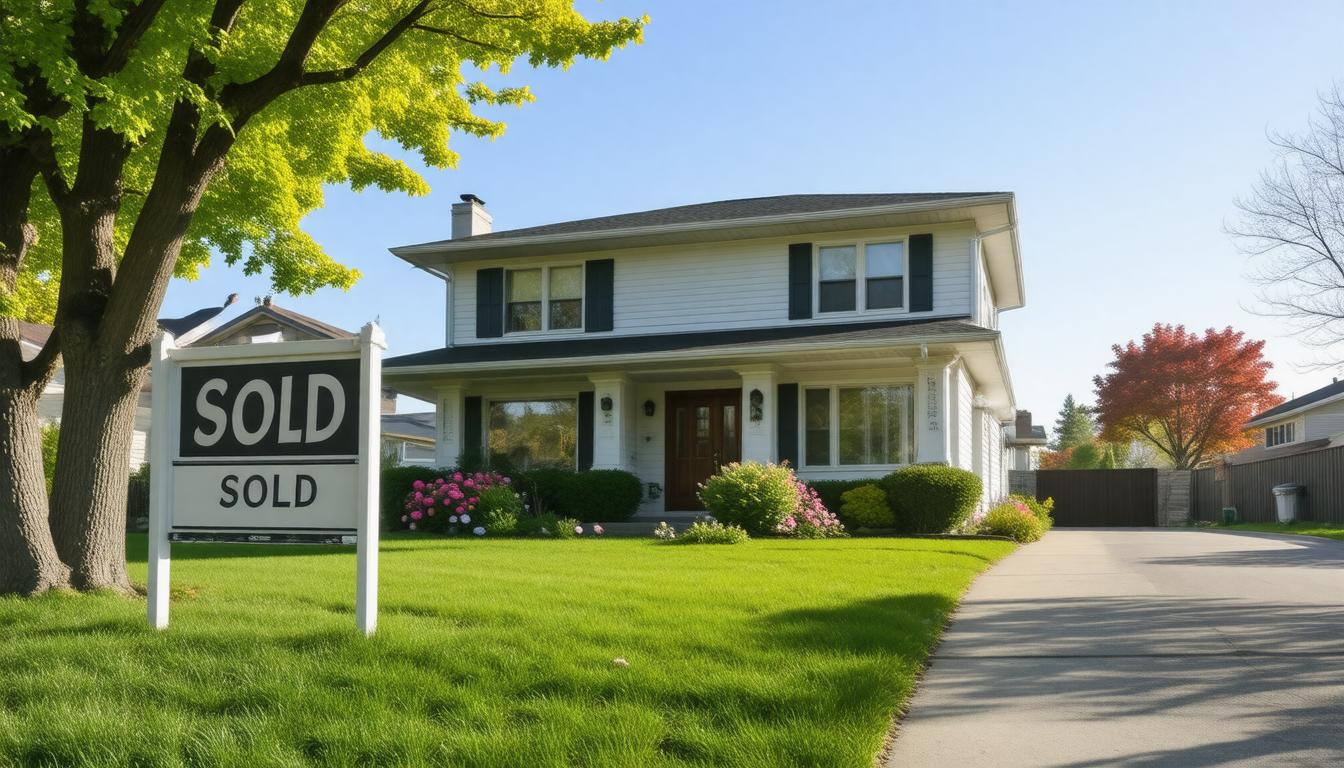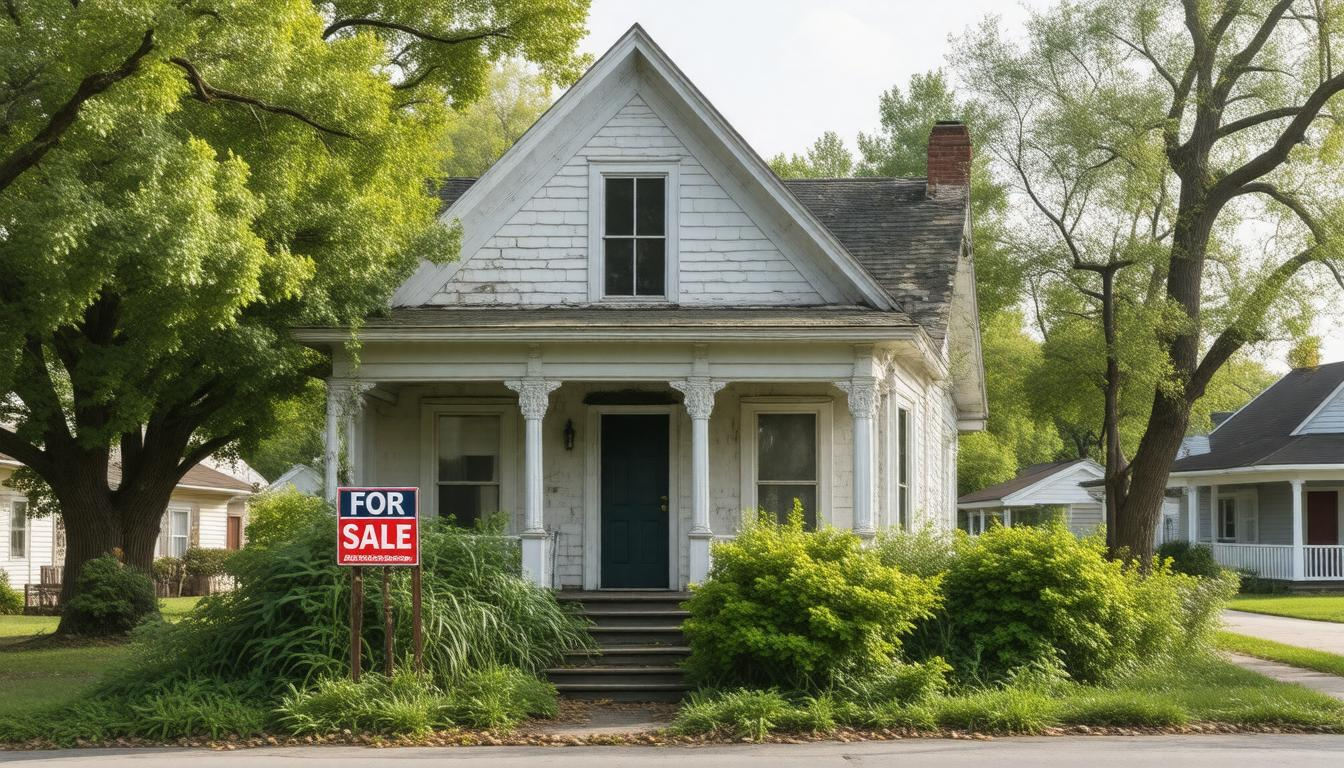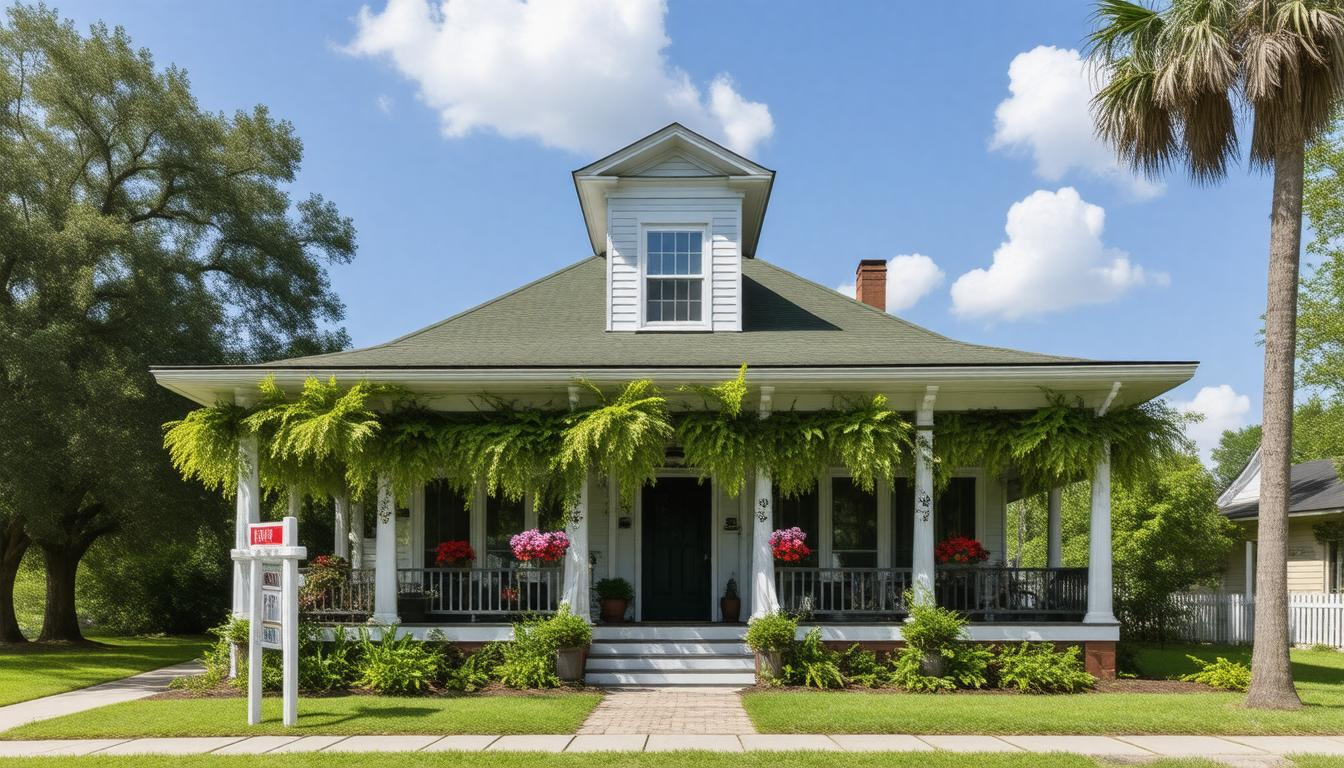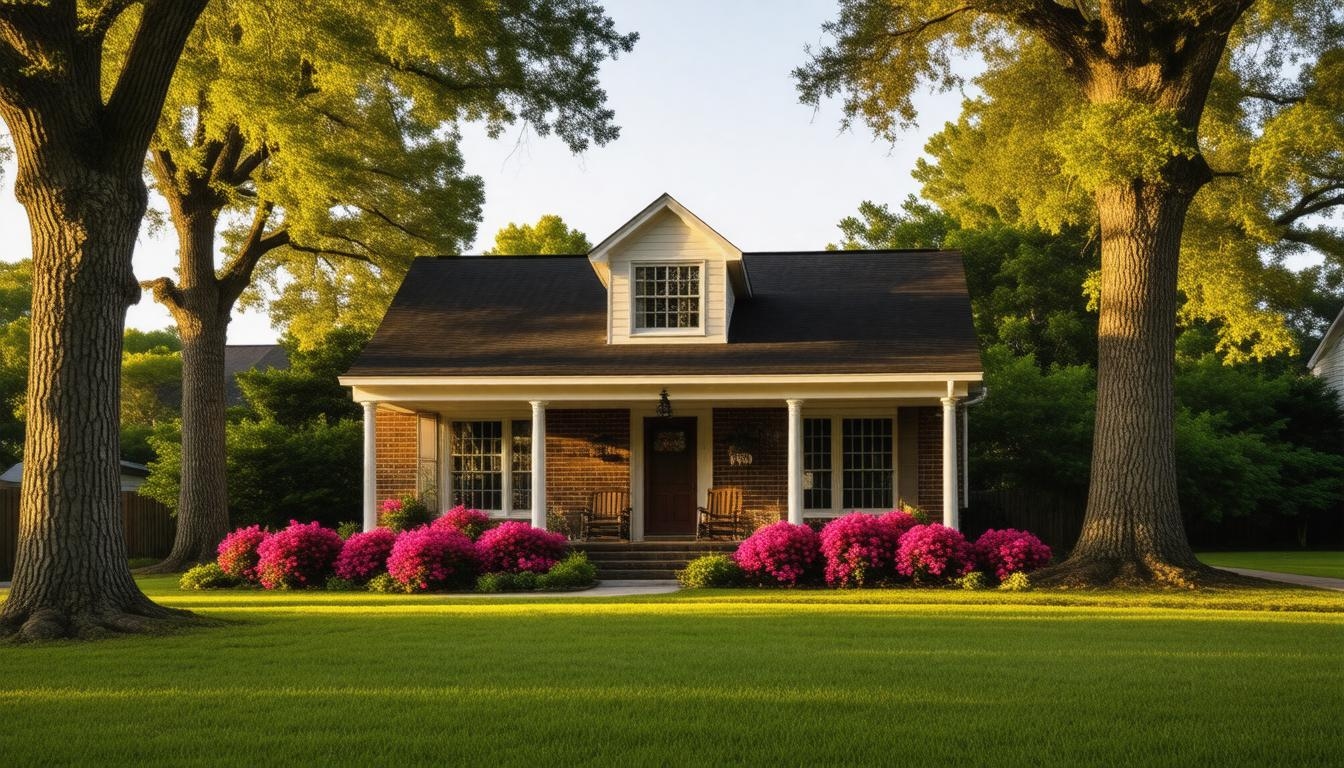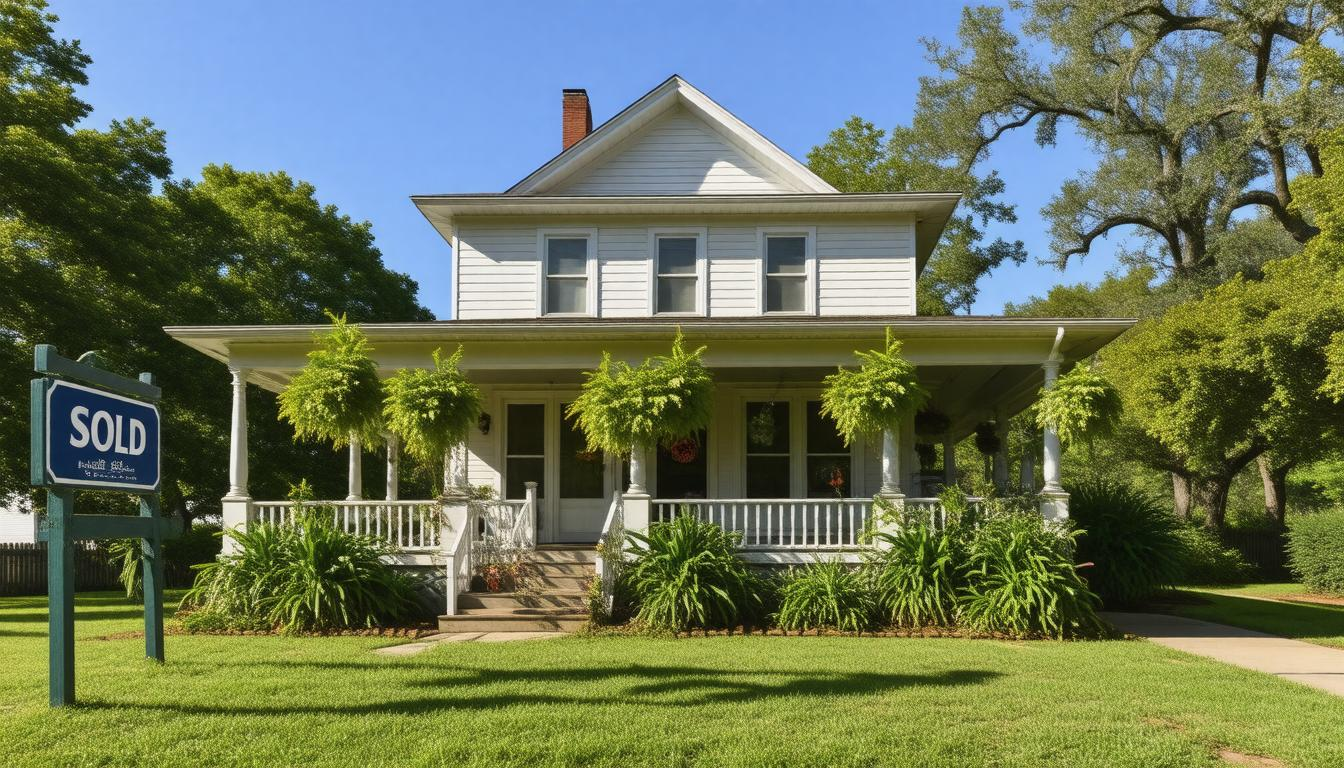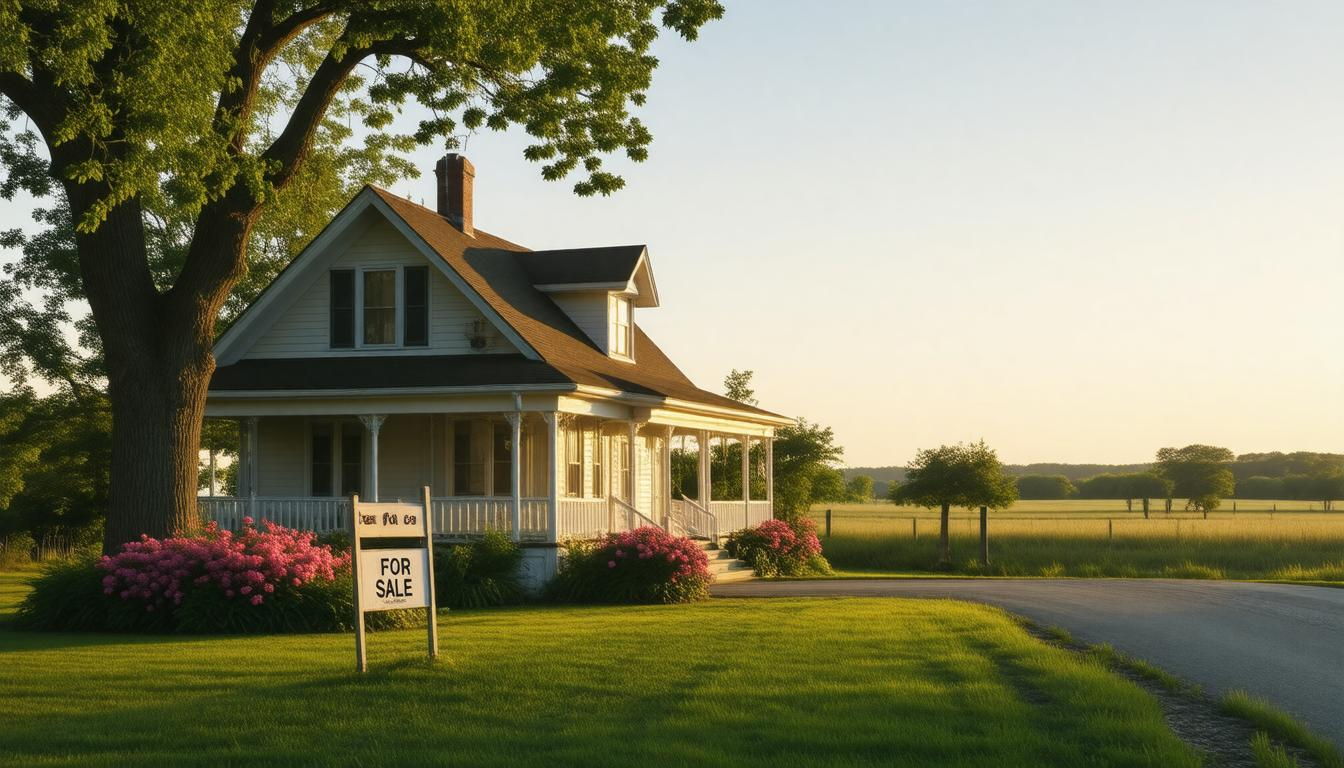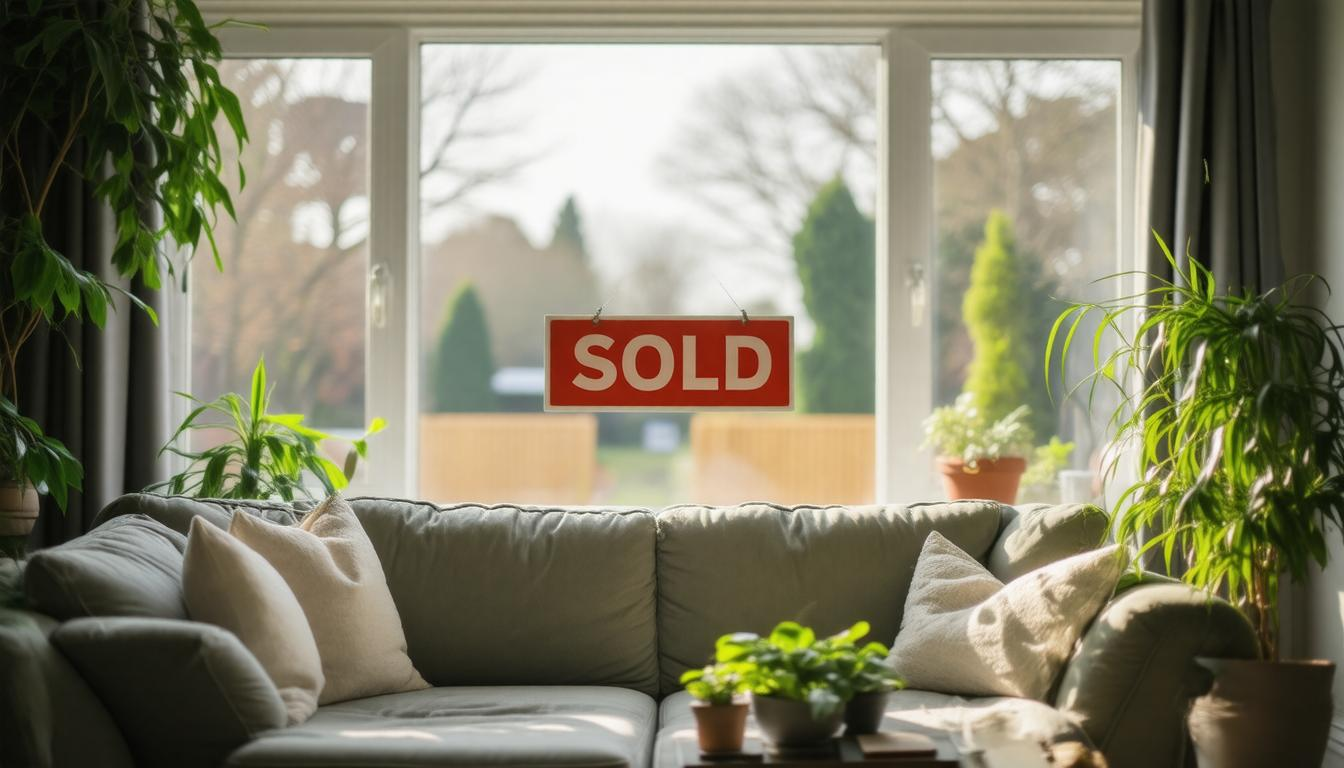What Is the Average Price of a House in Mississippi? Insights and Statistics
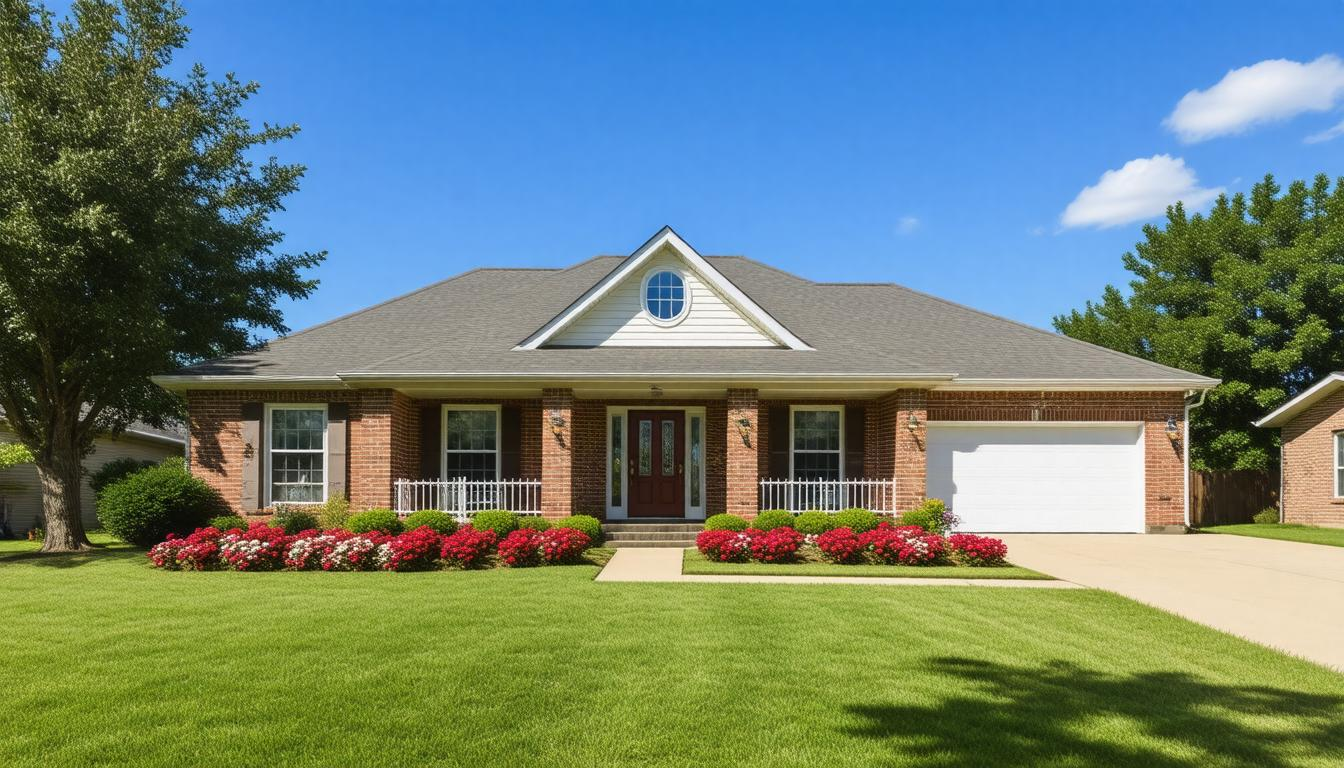
When it comes to buying a house, understanding the price trends in your area can be a game changer. If you're looking at Mississippi, you're in for some surprises about what your money can buy—whether you're eyeing a cozy small-town home or a bustling city apartment. With the average house price sitting around $170,000 as of 2025, the landscape is shaped by various factors including location, demand, and even community amenities. In this article, we'll break down what these prices mean across different areas in the state so you can navigate Mississippi's housing market with confidence and maybe snag that dream home you've been thinking about.
As of 2025, the average price of a house in Mississippi is approximately $170,000; however, this figure can vary significantly depending on specific locations and the condition of the property. Local markets, such as Jackson, Madison, and Ridgeland, exhibit different trends influenced by demand and housing types.
Current State of Mississippi's Housing Market
The Mississippi housing market, while generally stable, reflects a variety of conditions influenced by urbanization, location, and economic factors. As mentioned earlier, the average home price stands at approximately $170,000. Yet this figure represents more than just a number: it captures a snapshot of diverse realities under one umbrella.
What’s crucial to note is how prices fluctuate based on specific areas. For instance, in bustling Jackson, the capital city, homebuyers face an average listing price of around $200,000. This increase isn't random; it aligns with a consistent 5% rise in prices year-over-year, driven by high demand against a backdrop of dwindling inventory.
Cities like Madison and Ridgeland exemplify even sharper price trends within urban markets.
In Madison, homeowners are looking at an average price tag upwards of $250,000, while Ridgeland offers an enticing yet slightly lower average of $230,000. These communities are becoming increasingly sought after due to their appealing local amenities and quality schools. Many buyers from Jackson are exploring these neighboring cities as alternatives to the higher competition found in the capital itself. More families now seek not just a home but a nurturing environment—thereby pushing up prices further.
On the other hand, life is quite different in the more tranquil rural regions of Mississippi.
Take smaller towns such as Yazoo City and Vicksburg: they capture a very different segment of the housing market with home averages hovering around $120,000 to $140,000. The stark contrast in pricing can be attributed to various factors: there's often more available land, which leads to lower overall demand for housing options. Moreover, economic activity tends to lag behind urban centers, impacting both employment availability and investment interest in these areas. A house may hold its character in rural settings but comes at a cost reflective of local economies and lifestyles.
Understanding these regional intricacies is essential when navigating Mississippi's housing market.
Buyers and sellers alike should keep these trends in mind while making decisions related to property ownership. Sellers in rural towns wondering why their homes aren’t flying off the market as they would in urban environments need to understand that pricing strategies must reflect local realities rather than broader averages. Conversely, potential buyers eyeing urban properties should be prepared for competitive bidding processes driven by ongoing demand. Having insights into these dynamics will place homeowners and prospective buyers ahead of the curve when making informed decisions about real estate investments.
As we explore further, we will examine specific price trends across key cities within the state, highlighting where the most significant variations occur.
Average House Prices in Major Mississippi Cities
House prices in Mississippi can tell a story about each city's unique character and opportunities available. For instance, Jackson, the state capital, boasts an average home price of $200,000. This city is a hub of economic activity, filled with cultural attractions and educational institutions that draw people to its neighborhoods. Homebuyers here often find a mix of historic properties and new developments, contributing to a range of options.
Madison and Ridgeland: The Premium Choices
Madison, with an average price of $250,000, stands out as one of the most desirable locations in the state. Its renowned school systems and family-friendly atmosphere attract buyers looking for quality living. The presence of upscale shopping centers, parks, and recreational facilities further enhances its appeal. In addition to its schools, the investment in community development has led to improved amenities that cater to families.
Close to Madison lies Ridgeland with an average home price of $230,000. Known for its stunning waterfront views and proximity to the Ross Barnett Reservoir, Ridgeland offers ample outdoor activities, making it attractive for those who enjoy an active lifestyle. The city’s commitment to maintaining parks and open spaces continues to make it a sought-after destination for potential homebuyers.
Hattiesburg and Gulfport: Affordable Options
On the more affordable side is Hattiesburg, averaging around $180,000. This city holds a vibrant university scene thanks to the University of Southern Mississippi, which contributes to both population diversity and economic activity. Hattiesburg's charm lies in its friendly communities and burgeoning arts scene; it's a great place for families or individuals seeking a balance between urban conveniences and small-town warmth.
Southaven: A Growing Market
Moving north towards Southaven, you’ll find average house prices around $220,000. This city has rapidly grown due to its close proximity to Memphis, TN, allowing homeowners easy access to larger metropolitan opportunities without sacrificing suburban tranquility. Southaven’s retail developments and established neighborhoods make it attractive for both new families and professionals alike, aiding in its steady growth in demand.
In contrast, we can't overlook Gulfport, which shows an average price of $160,000. Factors contributing to this lower price include a significant number of older homes on the market coupled with ongoing recovery efforts from Hurricane Katrina. However, investors are keenly looking at Gulfport as it slowly revitalizes its real estate market, leading many to believe it's an opportune time for buyers looking for value.
As we explore these statistics further, we can see clear distinctions emerging that highlight real estate trends across different settings within the state. This sets the stage for examining how these differences play out between metropolitan and rural housing markets.
Urban vs.Rural Price Differences
This demand can create a competitive real estate environment where prices keep climbing due to limited availability and high interest from potential buyers.
A prime example
is Jackson, which benefits from its well-developed infrastructure—think reliable public transport, recreational facilities, and vibrant social scenes. These elements not only enhance quality of life but also reinforce rising property values, making urban living appealing yet often financially burdensome. With an average home price reaching higher levels than in rural counterparts, potential homeowners must weigh the premium they pay against the convenience of city life.
However, contrasting this
scenario is the rural landscape of Mississippi, where housing prices tell a different story.
Rural Advantages
Rural homes boast distinct advantages that many families find appealing. From larger plots of land to quieter environments removed from the hustle and bustle of city life, these properties offer a lifestyle that ap
peals to those desiring space and tranquility. For instance, purchasing a spacious 3-bedroom house in Shelby County may come with a price tag around $130,000, roughly half or even less than similar homes in urban areas.
Think of rural homes as a peaceful retreat—ideal for families looking to spread out or individuals longing for a simpler pace of life. Imagine sitting on your porch after a long day, sipping sweet tea while taking in sprawling views of fields or forests that simply aren’t found in more urban locales. This unique aspect provides significant value for those who cherish nature and solitude.
Yet affordability is particularly important in today's ma
rket, where many households struggle with rising costs elsewhere. Both remote work opportunities and lifestyle shifts towards prioritizing family time have contributed to the attractiveness of rural living.
Understanding these nuances allows buyers and sellers alike to navigate decisions shaped by personal preferences and financial considerations. As we explore these dynamics further, we will examine the various elements influencing house pricing across the state.
Factors Influencing House Prices
The interplay of various elements distinctly shapes the average cost of homes in the Magnolia State.
To begin with, economic health plays a crucial r
ole. A flourishing local economy often translates into higher demand for housing, which elevates property values. For instance, towns near economic hubs—like the Nissan plant in Canton—have witnessed notable appreciation in real estate prices, driven by job creation and the influx of workers needing housing.
Moving on to the principle of supply and demand, when there is an abundance of homes on the market, sellers may need to lower their prices to attract buyers. Conversely, areas with limited inventory tend to command higher prices as eager buyers compete for existing properties. Take Madison as an example; this city’s desira
ble community fe
atures and amenities have res
ulted in fewer available homes, contributing to higher home values compared to surrounding regions.
Think of it this way: if you're shopping for apples at a market where only a few baskets are available, you're likely willing to pay more than if you had hundreds of baskets to choose from.
Next on our list is interest rates. Lower interest rates significantly boost consumers' borrowing power, enabling potential homeowners to afford more expensive houses. However, while cheaper loans encourage more buyers to enter the market, they can also generate increased demand that drives up house prices. When interest rates rise, as they occasionally do, we often witness a cooling effect on market activity.
The presence of quality infrastructure and amenities is yet another compelling factor influencing housing costs. Properties located close to well-rated schools or essential services like hospitals frequently see value increases because families prioritize these conveniences. Areas enriched with parks, shopping centers, and restaurants typically draw higher demand because they offer an enhanced lifestyle.
It’s also important to recognize how natural disasters sway property prices. Regions vulnerable to floods or hurricanes might experience erratic pricing patterns corresponding with their perceived risk levels. Homebuyers often weigh these risks heavily when considering a purchase—areas deemed safer usually maintain higher values, while those prone to disasters see fluctuations in demand accordingly.
Understanding these intricate factors not only highlights the complexities of the Mississippi housing market but also equips potential sellers and buyers with critical insights. This foundational knowledge aids in navigating the next steps in their real estate journey.
Home Buying vs. Renting in Mississippi
Cost Comparison:
The question of whether to buy or rent often hinges on finances, and in Mississippi, the numbers tell an interesting story. For instance, the average rent for a two-bedroom apartment in Jackson is around $900 per month. Conversely, if you own a similar home, you'll likely face a monthly mortgage payment of about $1,000, which includes insurance and taxes.
At first glance, it may seem that purchasing a home is pricier, but that's where things get fascinating. Over time, homeowners gradually build equity—a tangible asset that can appreciate over the years. Essentially, what seems like an upfront expense transforms into a long-term investment that can yield significant returns when it comes time to sell.
However, finances alone don't dictate your decision; personal lifestyle choices are equally impo
rtant when deciding between renting and buying.
Lifestyle Considerations:
Living arrangements heavily influence our day-to-day happiness. Renters typically enjoy a level of flexibility that can be quite appealing. If the job market shifts or life circumstances change—like needing to relocate for work or starting a family—the option to easily move without being tied down can be liberating. Renters don’t have to worry about property maintenance issues like roof repairs or plumbing problems; that burden falls on landlords instead.
Still, many residents in Mississippi frequently reflect on the joys of homeownership. Owning a home not only provides stability—a sense of permanence—but also grants individuals the creative freedom to customize their spaces as they see fit. Whether it's renovating a kitchen or painting walls a bold color, homeowners have the liberty to transform their homes into truly personal sanctuaries.
Personal stories often reveal these nuances further—many residents express varying preferences based on their unique situations.
Take Jane from Madison, for example: "I love renting because I can change my living space every year if I want! I don’t feel trapped." In stark contrast, John from Clinton shares: “Buying my house was about laying down roots. I wanted a place where I could raise my kids and feel secure.”
Understanding these financial implications and personal values is fundamental in navigating your options in Mississippi's housing landscape. The balance between these factors reveals much about individual circumstances and desires.
As we turn our focus to regional comparisons, we'll look at how home prices in Mississippi stack up against national averages.
Mississippi vs. National Home Prices
The most recent data reveals that the national median home price soared to $420,846 in 2024, while Mississippi’s average sits at a remarkably lower figure of just $170,000. This substantial difference highlights a notable trend: residents in Mississippi can enjoy more affordable housing options compared to many other states, making it an appealing location for various demographics.
Lower Cost of Living
The lower house prices in Mississippi reflect the overall cost of living, which is structurally about 15% less than the national average. This ties back to economic factors such as lower property taxes and everyday expenses like groceries and transportation. It simply costs less to live comfortably in Mississippi compared to areas where housing prices have surged dramatically in recent years.
This affordability has significant implications for potential buyers.
Housing Affordability
One key advantage of Mississippi's housing market is its affordability, positioning it as an appealing choice for retirees seeking a peaceful lifestyle or remote workers looking to stretch their budgets further. As people increasingly opt for flexible work arrangements, they are exploring places where they can maintain a high quality of life without breaking the bank.
For those considering relocating, our team at Atlas Property Investors is here to provide expert guidance tailored to your unique needs. We understand the intricacies of the local market and can help you find not only affordable homes but also properties that suit your lifestyle aspirations.
In addition to affordability, several other factors contribute to the favorable housing landscape in Mississippi.
With each passing year, the allure of Mississippi grows stronger due to its burgeoning community spirit and slower pace of life. Whether you're interested in purchasing a home outright or considering alternatives, opportunities for meaningful investments in this region abound.
As you contemplate a move or seek insights into the dynamic market trends at play, reach out to us! Our dedicated team at Atlas Property Investors is committed to ensuring your transition is smooth and hassle-free as you explore opportunities within Mississippi's inviting real estate landscape. Call us at (601) 202-5183 today!
